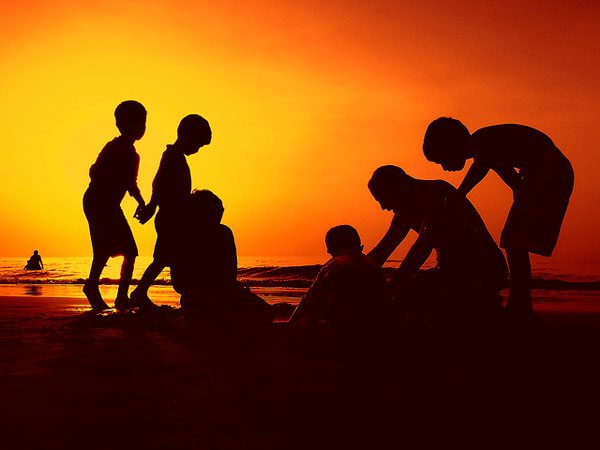
November 16, 2017; Winston-Salem Journal
The collaboration of nonprofits is not only for programs. When up against a formidable foe, a disaster strikes, or even changes in rules, a nonprofit can benefit from the advocacy and action from other nonprofits.
For the past two years, a church and an activist energy group have been dueling with Duke Power in North Carolina. NC WARN had an arrangement to sell the power generated from their 5.2 kilowatt solar panels to the Greensboro Faith Community church. The North Carolina State Utilities Commission and the North Carolina Court of appeals voided the agreement, determining that the nonprofit was acting as a utility.
“The North Carolina test case is a challenge to Duke Energy’s ability to prevent competition from companies that install solar systems on rooftops with little or no upfront cost to the consumer, and then sell the power to the customer,” NC WARN director Jim Warren said in a news release announcing they were appealing the decision.
A group of environmental nonprofits has joined the fight for the church and the nonprofit to be able to directly access the sun’s power. Attorneys for the nonprofit Center for Biological Diversity have filed an amicus brief in support of NC WARN. They are joined by Greenpeace, Friends of the Earth, Food & Water Watch, and the Institute for Local Self-Reliance.
The lead organization, the Center for Biodiversity, works through “science, law and creative media, with a focus on protecting the lands, waters and climate that species need to survive.” In the search for affordable and clean power for all, the group is asking for increased competition in energy production. NC WARN argues that the state’s General Assembly has encouraged such “private investment in the development of renewable energy.”
Sign up for our free newsletters
Subscribe to NPQ's newsletters to have our top stories delivered directly to your inbox.
By signing up, you agree to our privacy policy and terms of use, and to receive messages from NPQ and our partners.
An amicus brief advises the court on additional arguments and information and can bring to light additional implications for the parties directly involved in the suit. When well executed, an amicus brief can influence a case significantly. Creating an amicus brief requires a great deal of research; in this case, numerous authors coordinated the group of nonprofits and their data for weeks. The advocacy of the nonprofits for this case was a substantial investment in time and groundwork.
Duke Energy spokesman Randy Wheeless stated that the North Carolina Utilities Commission has set the requirements for a public utility, and any group selling electricity to another is a utility. Previous court rulings, he says, established the precedent.
State law now permits solar providers to lease rooftop panels for a monthly charge to consumers, and since the contracts are for the panels, not the electric power itself, according to Wheeless, “it makes the case a little obsolete.”
However, the Rev. Nelson Johnson, pastor of Faith Community Church, said, “There has never been a more important time to challenge Duke Energy’s control over the benefits we are all provided by the sun.” According to the Winston-Salem Journal, Johnson criticized “Duke Energy’s constant rate increases to pay for more and more fossil-fuel power plants that are not needed.”
The utilities commission imposed a fine of $60,000 last year in reply to NC WARN’s petition for approval to sell the electricity. The fine is on hold pending the appeal, and the church is receiving the power from the solar panels for free as NC WARN waits for a decision.—Marian Conway













